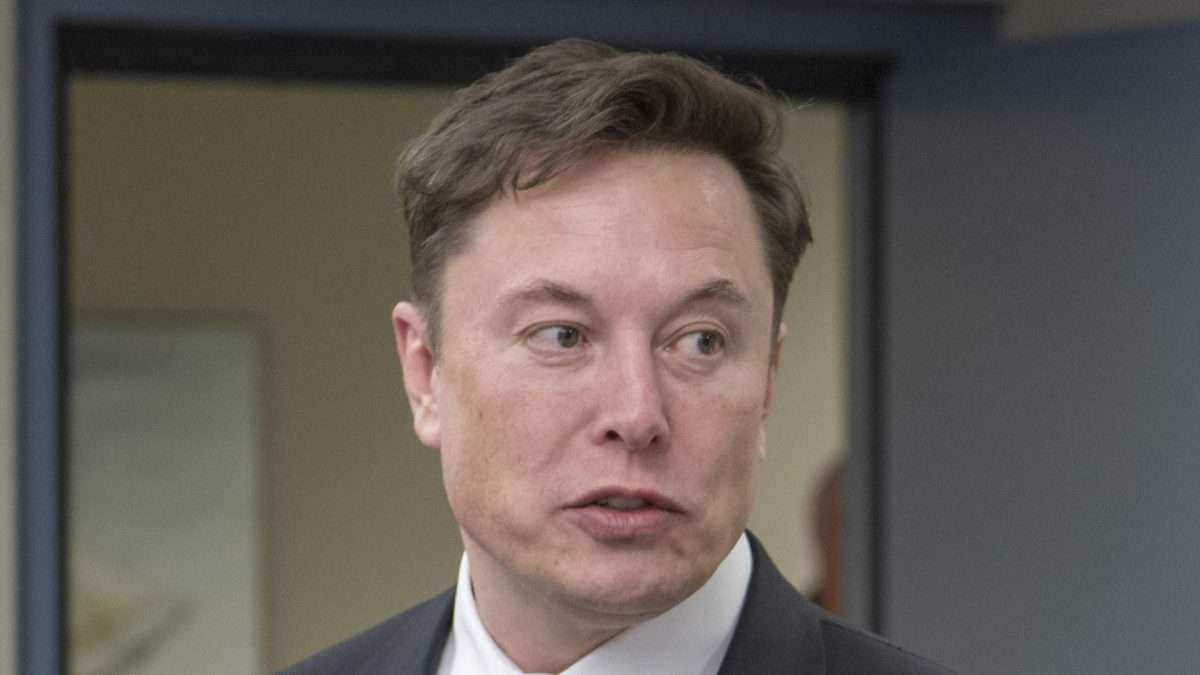In a post on Truth Social last night, President-elect Donald Trump ruled out cabinet roles for two major Republican Party figures: Nikki Haley and Mike Pompeo.
Both had been rumored as potential secretaries of state. In the first Trump administration, Pompeo led the State Department after running the Central Intelligence Agency for 15 months. Haley served as U.S. ambassador to the United Nations under then-President Trump.
These Are the Conventional Candidates
So the position of America’s top diplomat is still up for grabs. Three rather conventional names have come up as Trump’s potential next secretary of state: Senators Marco Rubio (R-FL) and Bill Hagerty (R-TN), and Ambassador Richard Grenell.
Each brings a lot to the table. Rubio is a foreign policy buff, having long served on the Senate Foreign Relations and Intelligence committees. Hagerty was the U.S. envoy to Japan during Trump’s first term. Grenell was Trump’s ambassador to Germany, served as Acting Director of National Intelligence, and played a vital role in delivering Arab and Muslim votes in Michigan.
Elon Musk: A Dark Horse
Yet Trump could select a dark horse as America’s next top diplomat: Elon Musk.
The Tesla founder played an outsized role in Trump’s 2024 campaign, contributing more than $100 million to the election effort and spending weeks in Pennsylvania to help secure the battleground state.
Musk is under consideration for a domestic policy role as a government efficiency czar. However, since Tuesday’s election win, the Tesla founder has been conspicuously active in the presidential transition team’s foreign policy.
- On Wednesday, Musk participated in Trump’s call with Ukrainian President Volodymyr Zelensky, according to Axios.
- He was also on the line when Trump spoke with Turkish President Recep Tayyip Erdogan, according to the website Middle East Eye.
- This week, Argentina’s President Javier Milei is set to meet Musk and Trump at Mar-a-Lago, the president-elect’s primary residence.
What Musk Brings to the Table
Musk, the world’s richest man, has direct access to some of the world’s most powerful leaders. The Wall Street Journal reported last month that Musk has had regular conversations with Russian President Vladimir Putin.
Musk also has strong relations with the Chinese Communist Party. He’s met with China’s two most powerful leaders, President Xi Jinping and Premier Li Qiang, over the past year. The Chinese leadership views Musk quite favorably and Musk has expressed deep admiration for China.
The worldviews of Musk and Trump also significantly overlap. Both men have hardline views on immigration and a strong desire to avoid direct conflict with Russia. They frequently mention the need to avoid “World War III.”
Musk’s Conflict of Interests
At the same time, Musk’s global connections are also huge political liabilities. He has clear conflicts of interest, with direct financial stakes in the industrial and trade policies of the U.S. and foreign economic competitors.
A cabinet-level appointment would require Musk to undergo a Senate confirmation process and intrusive vetting — scrutiny he is unlikely to accept.
Moreover, joining the cabinet would require ceding day-to-day control over his companies SpaceX and Tesla, and potential divestiture from both.
Musk is also an outlier within today’s conservative movement when it comes to China. While many on the right may seek accommodation with Russia, the consensus view is that China is America’s top national security threat. But Musk has a soft side for Beijing, largely due to his business stakes in the country.
China is Tesla’s second-largest market and the company has received subsidies and other concessions rarely available to Western companies.
An Ad Hoc Role for Musk
A more probable scenario is that Musk informally plays a foreign policy role without a designated position in the Trump administration. Whoever is ultimately appointed and confirmed as secretary of state would have to share space with a freelancing Musk pursuing his own statecraft, of course, at the president’s discretion.
That, of course, is a big caveat. The Musk-Trump bromance isn’t guaranteed to last. After all, the two men traded barbs just a few years ago, with Musk declaring Trump too old to run for president and Trump mocking Musk as desperate for federal subsidies.
Ultimately, the Earth may be too small to contain the two men’s egos. Musk’s pursuit of multiplanetary life may quickly become a necessity, not just an eccentric pursuit.
Arif Rafiq is the editor of Globely News. Rafiq has contributed commentary and analysis on global issues for publications such as Foreign Affairs, Foreign Policy, the New Republic, the New York Times, and POLITICO Magazine.
He has appeared on numerous broadcast outlets, including Al Jazeera English, the BBC World Service, CNN International, and National Public Radio.



